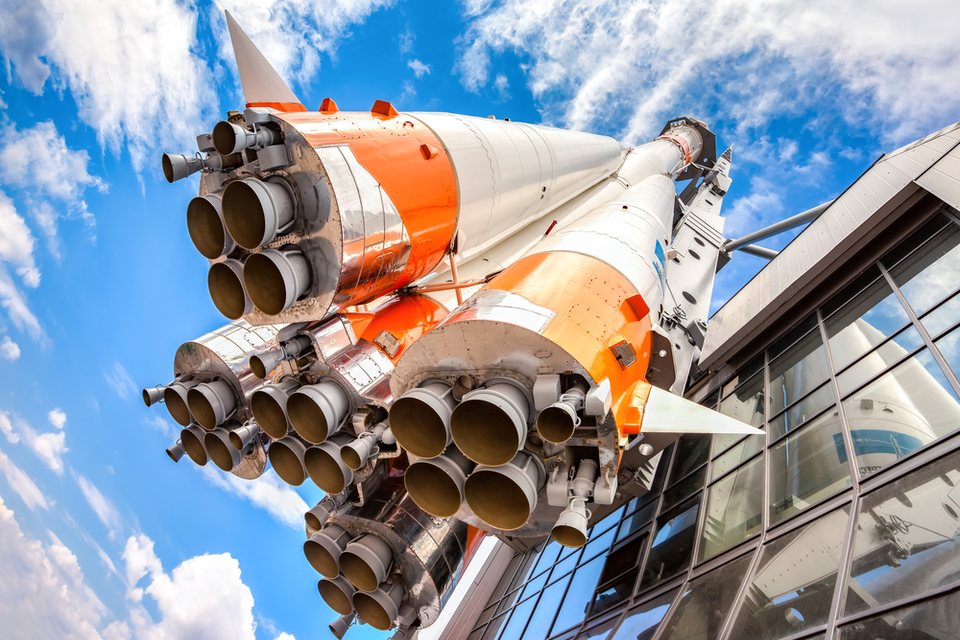Researchers at Tomsk State University in Russia developed and tested an improved model of a hybrid rocket engine. Then, they created a highly efficient rocket fuel to go with it.
The project began as a venture to improve the design of a solid-fuel rocket hybrid engine.
The scientists at the Faculty of Physics and Engineering, working with the Tomsk company, Scientific and Production Center Chemical Technologies, created a mathematical model of an optimized engine. But, they also needed to increase the fuel efficiency of the model.
That’s where the fuel composition comes in.
In a statement, one of the researchers and professor at the Department of Mathematical Physics at TSU, Alexander Zhukov said:
“What is widely used today in rocket fuel is not chemical compounds, but, as a rule, a mixture of aluminum and boron. These are completely different things.”
Instead of using conventional fuel composition, the TSU team considered something different.
Using a Synthesis of Polyborides to Increase Rocket Fuel Efficiency
In order to create more efficient rocket fuel, the researchers used aluminum diboride and dodecaboride.
According to Zhukov, boron is the highest-energy solid components that are currently known to man. However, introducing the element alone into rocket fuel could lead to a significant fall in efficiency.
Boron forms a dense oxide film in rocket fuel, and this leads to a high degree of burning out. But, when combined with aluminum, not only does it burn well, but increases energy too.
Zhukov points out:
“Our technique for the synthesis of polyborides is quite unique and effective, and it has become one of the main achievements in the course of the project.”
A fuel, which contained the proposed composition, would have the highest calorific value, which in turn leads to higher efficiency. The researchers further explained that the materials had undergone the necessary research and clarification.
“We calculated the burning rate and calorific value of the resulting fuel, and our partner, Chemical Technologies, mastered the production of these borides and other compounds,” Zhukov said.
Estimates suggest that space tourism could become a multi-billion dollar industry by 2030. Increasing the efficiency of rocket fuel could make space travel cheaper and draw more investors.
In the end, space tourists may not have to break the bank to catch a glimpse of Mars.



















Comments (0)
Most Recent